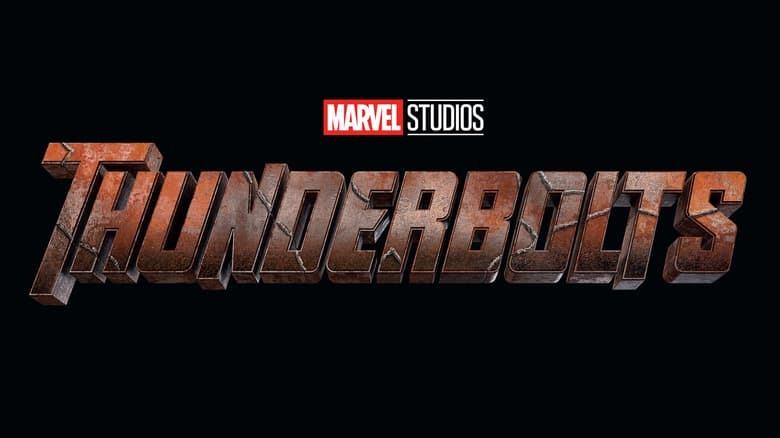Hollywood Production Halts: Combined Writers' And Actors' Strike

Table of Contents
The Writers' Guild of America (WGA) Strike: Key Demands
The WGA strike, which began in May 2023, centers around several critical issues that threaten the livelihoods and creative control of screenwriters.
Fair Wages and Residuals in the Streaming Era
The shift from traditional network television to streaming platforms has dramatically altered the compensation landscape for writers. While streaming services rake in billions, the traditional model of residuals, payments made to writers each time their work airs, has been significantly diminished.
- The Problem: Streaming platforms often pay a single upfront fee for a show, regardless of its success or longevity. This contrasts sharply with the previous system where writers received substantial residuals from syndication and repeated airings.
- The Impact: This change has led to a significant decline in writers' income, forcing many to take on multiple jobs just to make ends meet. Examples abound of successful shows whose writers earned far less than expected due to the streaming model.
- The Demand: The WGA is demanding a fair share of the profits generated by streaming services, arguing that writers should be compensated fairly for the success of their shows, reflecting the views of many Hollywood writers.
Concerns Regarding the Use of AI in Screenwriting
The WGA also expresses serious concerns about the burgeoning use of artificial intelligence in screenwriting. The union fears that AI could be used to replace human writers, undermining their creative control and economic security.
- The Threat: AI tools capable of generating scripts raise the specter of studios using cheaper AI-generated content instead of hiring human writers.
- The Demand: The WGA is seeking safeguards and regulations to prevent the misuse of AI in screenwriting, ensuring that human writers retain their rightful place in the creative process. This includes demanding transparency in the use of AI and preventing its use to replace writers' contributions. The WGA AI concerns are central to the strike action.
The SAG-AFTRA Strike: Actors' Concerns and Demands
Joining the WGA on the picket line, SAG-AFTRA’s strike amplifies the concerns over fair compensation and working conditions in the entertainment industry.
Fair Wages and Residuals for Actors
Similar to writers, actors are facing reduced compensation in the streaming era. The old model of residuals, tied to the success of a show, has been largely eroded.
- The Problem: Actors, especially those in supporting roles, often receive limited upfront payments and negligible residuals from streaming platforms. This significantly impacts their earning potential, particularly as many successful shows generate vast profits for streaming services.
- The Demand: SAG-AFTRA is pushing for fairer compensation models that reflect the revenue generated by their work and the global reach of streaming platforms. This is a critical point for many Hollywood actors struggling to maintain a living wage.
Concerns Regarding Self-Tape Auditions and Use of AI
SAG-AFTRA's strike also addresses concerns related to the increasing use of self-tape auditions and the rise of AI in the industry.
- Self-Tape Issues: The shift to self-tape auditions has increased actors' workload without corresponding compensation, impacting working conditions and increasing expenses for actors who need to create professional setups.
- AI Concerns: SAG-AFTRA expresses concerns about the use of AI to generate actors’ likenesses and voices without consent or compensation, threatening actors' creative control and economic future. The use of AI and actors' rights are deeply intertwined in the actors' demands.
The Broader Impact of the Hollywood Production Halts
The combined WGA and SAG-AFTRA strike has sent ripples throughout the entertainment industry, creating significant economic consequences and impacting upcoming productions.
Economic Consequences
The Hollywood production halts have caused widespread economic disruption, affecting numerous individuals and businesses.
- Job Losses: Thousands of production crew members, support staff, and other industry workers are facing unemployment or reduced hours due to the halt in production.
- Local Businesses: Local businesses that rely on the film industry, such as restaurants, hotels, and transportation services, are experiencing a significant decline in revenue. The impact on the Hollywood economy is substantial and widespread.
Impact on Upcoming Film and Television Releases
The strike is leading to significant delays and potential cancellations of upcoming film and television projects.
- Production Delays: Numerous projects are on hold, causing delays in release schedules and uncertainty for studios and viewers alike.
- Financial Implications: These delays translate into financial losses for studios and production companies.
The Potential for Long-Term Changes in the Industry
The strike could ultimately lead to significant long-term changes in the way the entertainment industry operates.
- Compensation Models: Negotiations could result in revised compensation models that are more equitable for writers and actors in the streaming era.
- AI Regulations: The strike might pave the way for clearer regulations and guidelines concerning the ethical and responsible use of AI in the industry. The future of Hollywood hinges on addressing these fundamental issues raised by the strike.
Conclusion
The Hollywood production halts, resulting from the combined WGA and SAG-AFTRA strikes, represent a critical moment in the entertainment industry. The unions' demands for fair wages, residuals reflecting the success of streaming platforms, and regulations regarding AI usage are central to ensuring the future of creative workers. The ongoing negotiations will shape not only the immediate future of Hollywood but also its long-term structure and how it values its creative workforce. To stay informed about the ongoing developments and the impact of this unprecedented Hollywood production shutdown, follow updates from the WGA, SAG-AFTRA, and reputable news sources covering the entertainment industry.

Featured Posts
-
 Plires Programma Tileorasis Gia Tin Kyriaki 11 5
May 30, 2025
Plires Programma Tileorasis Gia Tin Kyriaki 11 5
May 30, 2025 -
 House Of Kong Immersive Gorillaz Exhibition For Their 25th Anniversary
May 30, 2025
House Of Kong Immersive Gorillaz Exhibition For Their 25th Anniversary
May 30, 2025 -
 Listen Live Jayne Hintons Sundae Servings On Bolton Fm
May 30, 2025
Listen Live Jayne Hintons Sundae Servings On Bolton Fm
May 30, 2025 -
 Nejlepsi Stavby Ceske Republiky Vysledky Souteze Stavba Roku
May 30, 2025
Nejlepsi Stavby Ceske Republiky Vysledky Souteze Stavba Roku
May 30, 2025 -
 Tileoptikes Metadoseis M Savvatoy 19 Aprilioy Odigos Programmatos
May 30, 2025
Tileoptikes Metadoseis M Savvatoy 19 Aprilioy Odigos Programmatos
May 30, 2025
